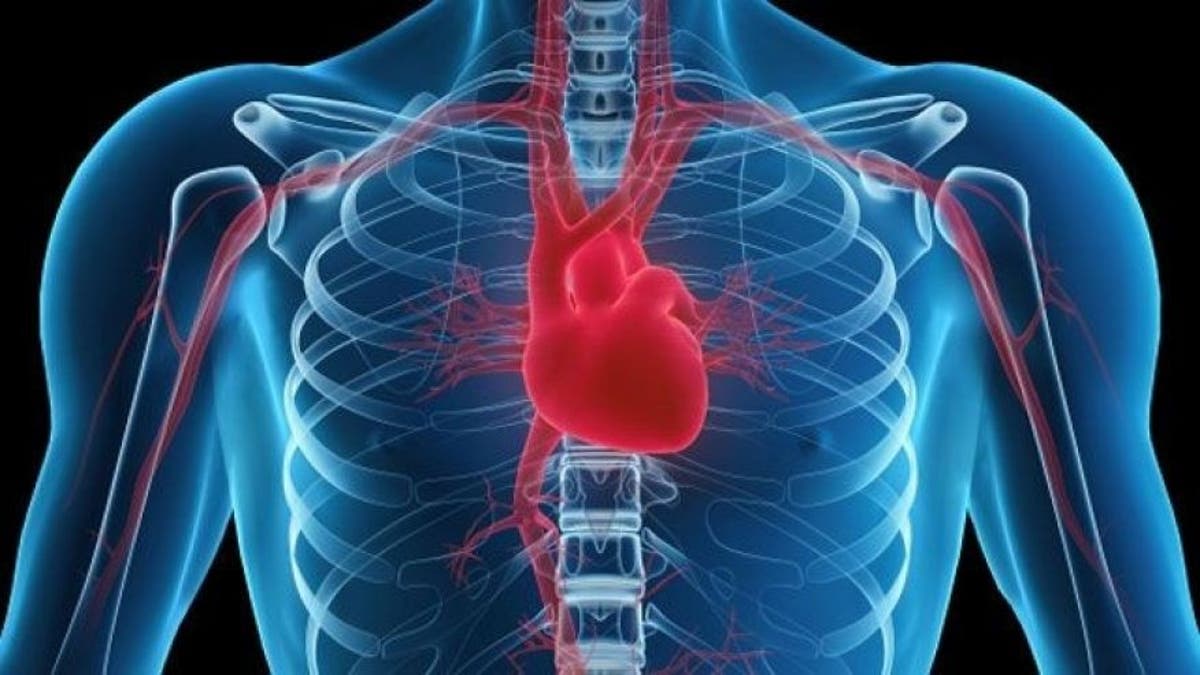
People with acute coronary syndrome caused by poor blood flow to the heart may be at an increased risk of suicide - especially in the six months following their diagnosis, according to a new study from Taiwan.
Acute coronary syndrome, which includes problems ranging from a heart attack to a type of chest pain called unstable angina, has previously been linked with depression and an increased risk of poor health and death, the researchers write in the Journal of the American Heart Association.
Researchers had not thoroughly looked for a link between acute coronary syndrome and suicide, however.
For the new study, Dr. Chao-Han Liu of the Institute of Applied Science and Technology in Taipei and colleagues analyzed data on 41,050 people age 35 or older who died from suicide between 2000 and 2012, and 164,200 people who did not take their own lives.
In the suicide group, the rate of acute coronary syndrome was 2.5 percent, compared with 1.5 percent in the comparison group.
After adjusting the results to account for factors that may influence the risk of suicide, such as mental health issues and other health conditions, people with acute coronary syndrome were still 15 percent more likely to take their own lives than people without this condition.
The increased risk of suicide persisted for four years but was especially high immediately following the heart patients' health scares. For these patients, the risk of suicide was three times higher during the six months after their diagnosis than it was for the comparison group, the researchers found.
The risk of suicide also increased with age and with frequency of healthcare system use.
Donald Edmondson, director of the Center for Behavioral Cardiovascular Health at Columbia University Medical Center in New York City, told Reuters Health the study's data are strong and people should pay attention to the results.
While emergency department physicians and cardiologists are becoming aware of the psychological impact of cardiac events, there is not enough information yet to say what might lead patients to suicide, said Edmondson, who wasn't involved with the new study.
"We should be careful about the management of depression after a heart attack," said Dr. Samir Kapadia, who is a cardiologist and section head of interventional cardiology at the Cleveland Clinic in Ohio.
"Maybe people taking care of depressed patients should also ask them about chest pain and heart problems, because they go hand in hand," said Kapadia, who also wasn't involved with the new research.
People feeling depressed after a diagnosis of acute coronary syndrome should feel free to open up to their doctors so they can be treated, Kapadia told Reuters Health.
Edmondson said family and friends should also be aware and prepared to connect patients with the appropriate resources, if necessary.
"Even though your husband, wife or whoever had one of these events and is going to be fine in terms of cardiovascular health and longevity, they may not be able to tell you the true psychological impact it's having," he said.
